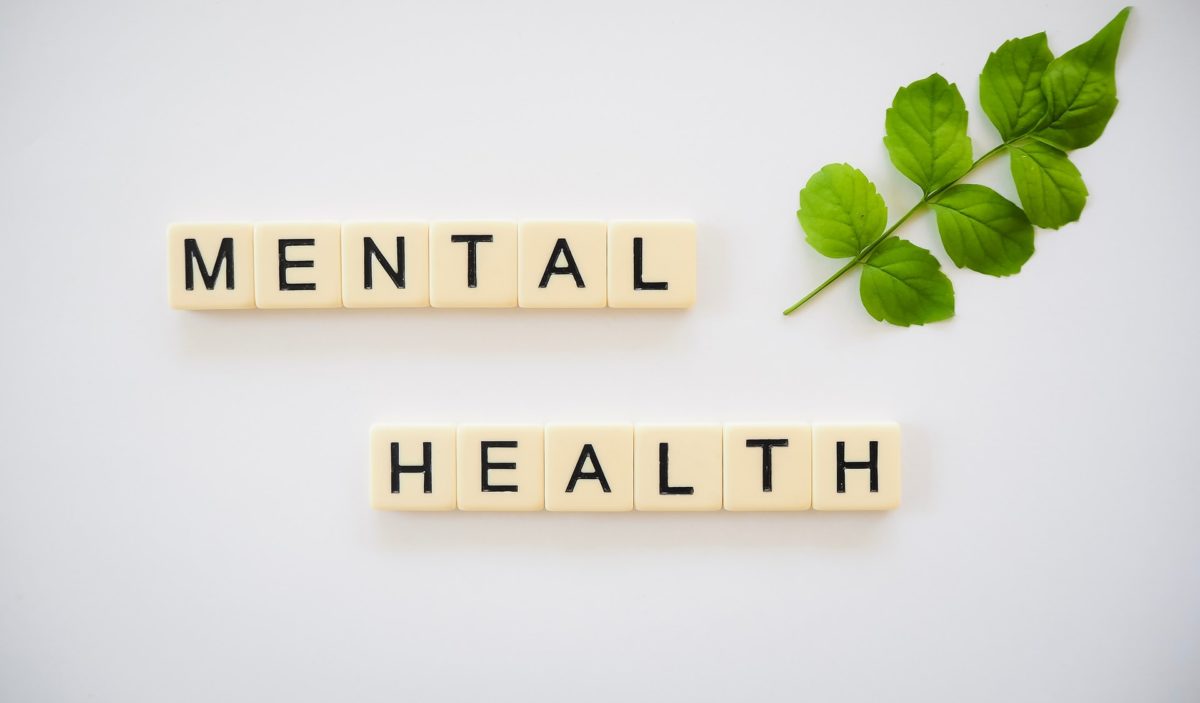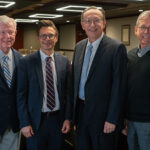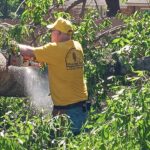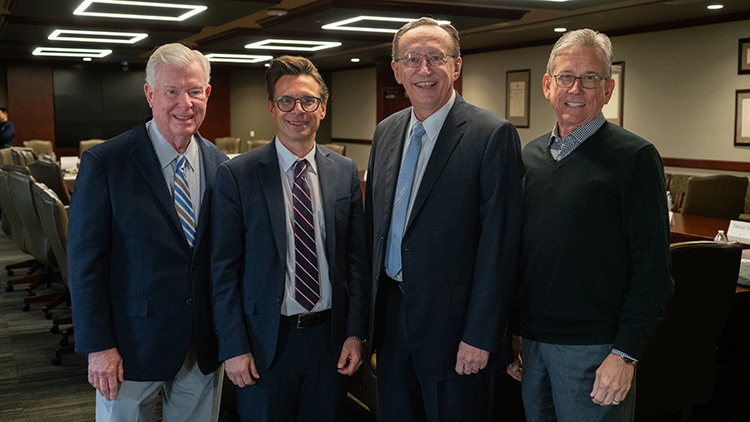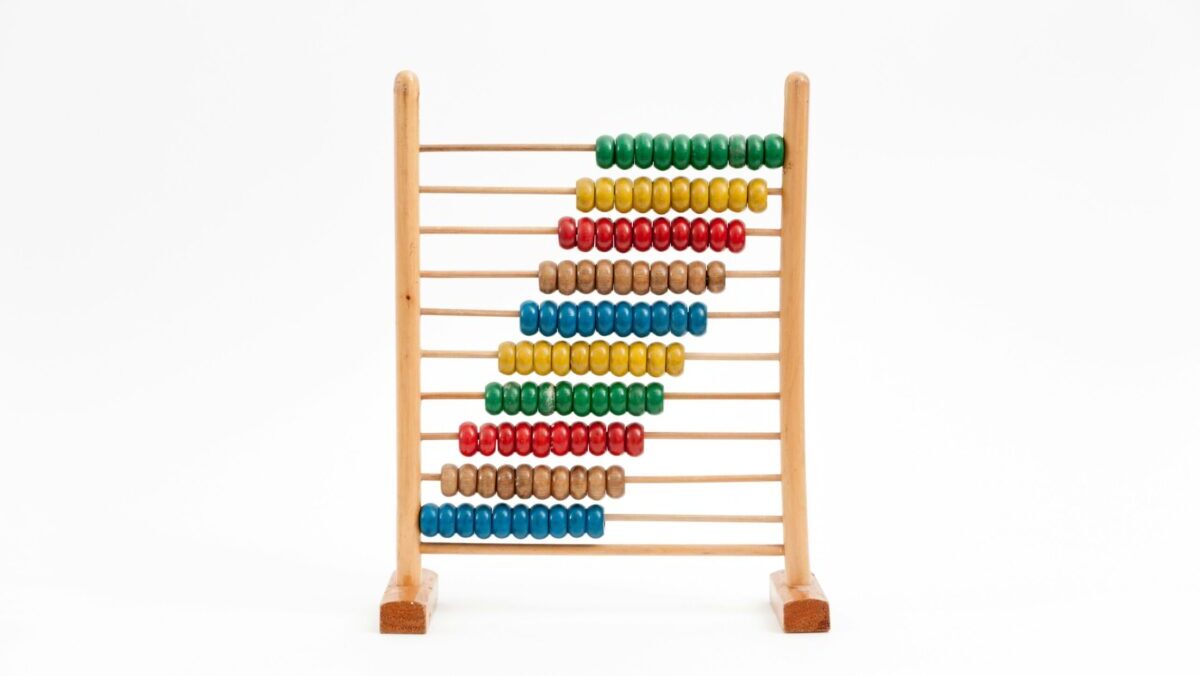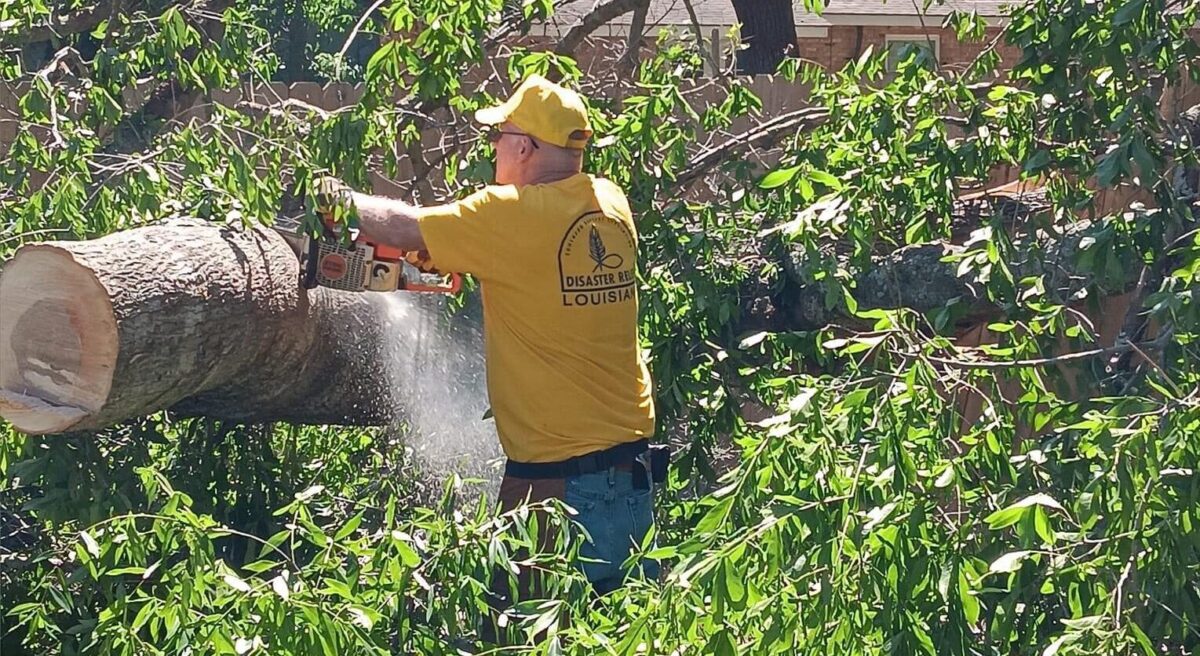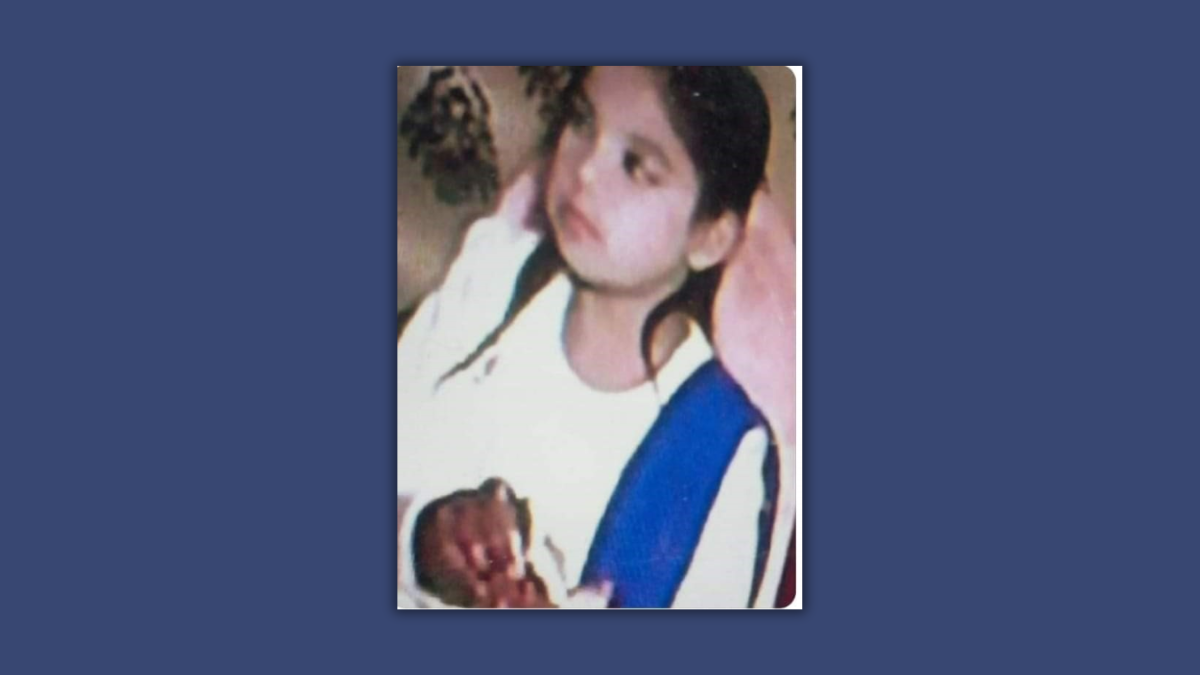Many of the effects of the COVID-19 pandemic will linger, according to one mental health expert.
A virtual conference titled, “Long-Term Mental Health Impacts: Resources for Spiritual/Faith/Community Leaders,” addressed some of those effects through panelists who presented information and answered questions. New York Theological Seminary hosted the online event.
Mickey Correa, chief program officer of Blanton-Peale Institute & Counseling Center in New York City, offered practical advice about the lingering impact.
A primal response to illness or an environmental stimulus is known as “fight, flight or freeze,” he said.
“Your body has this reaction: How is it going to survive? How is it going to be safe enough? For a lot of us, we might become … hyperaroused; we become more anxious; we become more aware of what’s going on around us.
“But we might go into this freeze stage where we feel hypoaroused, meaning we feel we don’t have energy or the ability to make decisions,” Correa explained during the April 23 conference.
Bodies react physically by releasing stress hormones, so some might react differently to a new circumstance than to a similar situation encountered in the past, he said. As the body continues to release stress hormones, exhaustion of spirit, mind and body can follow.
Grief and loss
“So the body’s resistance reduces and can collapse if we’re not attending to where we need to.
“Some pastors have become so exhausted, they have decided that they’re going to either resign or take an early retirement. And it’s because we’re dealing with this thing of grief. There are all types of models dealing with grief and I don’t want to make it sound simple — it is not a linear thing. We are all experiencing all types of losses,” Correa said.
That makes it especially important for caregivers and clergy to take care of themselves, he noted, emphasizing “the importance of listening to one another; the importance of hearing not just what was going on with our patients, but also what was going on with our caregivers.”
Correa encouraged clergy to think about loss:
- The first stage is a state of shock. “How do you figure things out?”
- The second stage is a place of disorganization. “Where are we? What are we to do?”
- The third stage is one society is now entering — reorganization or reorientation. “How do we reorient ourselves in dealing with the losses we’ve experienced? How do we talk about our losses? How do we talk about the growth and the cultivation during this time?”
A process we’re all dealing with
Correa reminded the audience “this is a process that we are all dealing with. It’s a process that we are seeing a sun and we are seeing rainbows and we are exhausted, but there is also a possibility of cultivating this space.”
He encouraged clergy to discover things to create, and to find individuals and agencies to support them and their congregations, recognizing personal limitations.
One outcome of the pandemic is an increase in substance abuse, Correa noted.
“Find organizations that can help, particularly with addiction. This is a great opportunity if you believe in the AA model to open up your congregational spaces [to] groups that can provide support.”
Some good news
However, as much as COVID-19 had a negative impact on mental health, not all was bad. One benefit is that there are more ways to connect to mental health services, Correa noted. For some, going to a clinic is triggering and traumatic in itself. Having a virtual option and being able to connect from somewhere one can control might make it easier to access help.
“When I think about this, outside of therapy, I think about church,” Correa said. “The pandemic took us outside of the building of the church. It helped us to think about space together in a different look. And that’s a good thing because while we like our pews or our chairs.
“I think it’s important that we think about a world that’s just not going to go inside of a space that could be perceived as threatening, particularly for those that might have been abused or traumatized by spaces that we call ‘safe.’ So I think that having this opportunity to explore and experiment has helped us a lot.”

